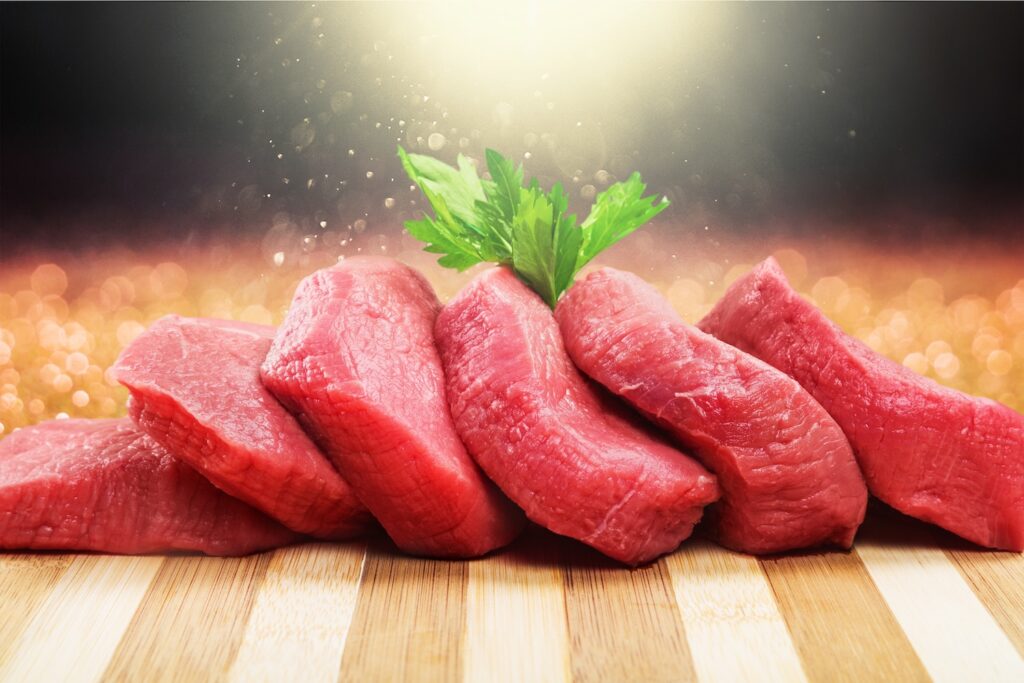UK ‘meat tax’ could do more harm than good, report warns
22nd July 2021
New research suggests such a tax could cost the UK nearly £250 million, and proposes a more subtle approach encompassing climatic, economic, and land use factors.
A ‘meat tax’ in the UK would cost £242 million a year according to a new study by agricultural research institute Rothamsted Research.
Conversely, the savings resulting from reduced climate emissions were calculated in the region of £100m per annum.
The report concludes a tax on red meat to help curb climate change could do more harm than good.
“Only half the story”
Agricultural economist and study leader Dr Taro Takahashi said the economic losses will not only be borne by livestock farmers, but everyone in society.
“Solely from the climate change perspective, our results unambiguously support everyone else’s finding: that a red meat tax can reduce GHG emissions.
“But unfortunately, this is only half the story, because the same tax could also force grazing livestock farms out of the industry – even when grassland is actually the most sensible land use at that particular location.
“As well as impacting consumers and farmers, the knock-on effects will be felt right along supply chains as well as rural communities that support and are supported by farmers.”
Last week’s National Food Strategy report called for a 30 per cent reduction in meat consumption but steered clear of suggesting a meat tax, calling it “politically impossible”.
This decision was met with strong criticism by advocates of a levy against ruminant farming because dairy, beef and lamb are known to cause greater greenhouse gas emissions than poultry, pork or plant-based foods.
However, whilst UK sheep and cattle are typically reared on grass, poultry and pigs are predominantly fed on cereals that could instead be eaten by humans – and with limited space available for agriculture, growing food for farm animals rather than people is often seen as an inefficient use of land.
A more nuanced approach
Dr Takahashi says rather than a blanket tax, a better solution would be to look at which areas of the country are best kept as cattle and sheep farms, and which would be better turned to other uses such as crop production for human consumption, agroforestry, and provision of ecosystem services.
“This would involve a more nuanced approach of weighing up the carbon savings against the amount of nutrients produced and the impacts on the economy, both locally and nationally.”
The new study, published in Scientific Reports, modelled economy-wide impacts of meat tax for the first time and estimated that, even under moderate tax rates previously proposed for the UK (19% for meat and 11% for dairy), the country’s economic losses would amount to £242m per year.
These losses resulted from transfer of land and labour forces from livestock farms to arable farms and non-agricultural industries.
The study found meat and milk production would decrease, with substantial greenhouse gas savings recorded both directly on farms and indirectly at connected industries, such as the manufacturing of agrochemicals.
Under the proposed tax, such climate change causing emissions were predicted to decrease by 2.5 Mt CO2equivalent per year – equating to a monetised social benefit of £101M per annum under the same carbon price (£41/t CO2 equivalent) used to derive the assumed tax rates.
Advocates of a meat tax argue that economic models predict a significant reduction in GHG emissions as a result of taxation.

